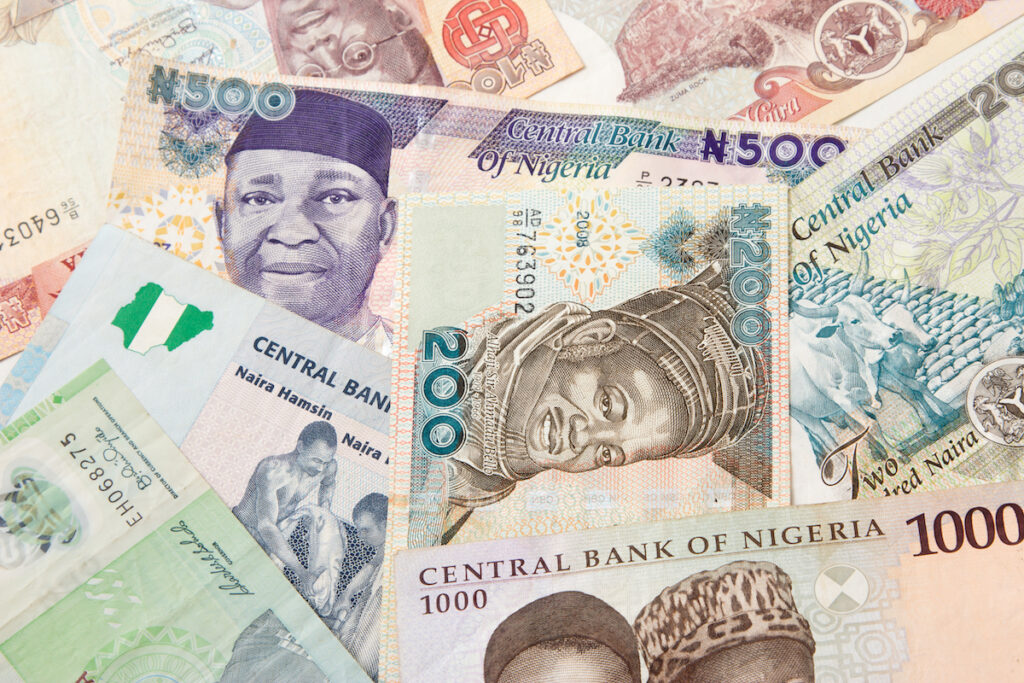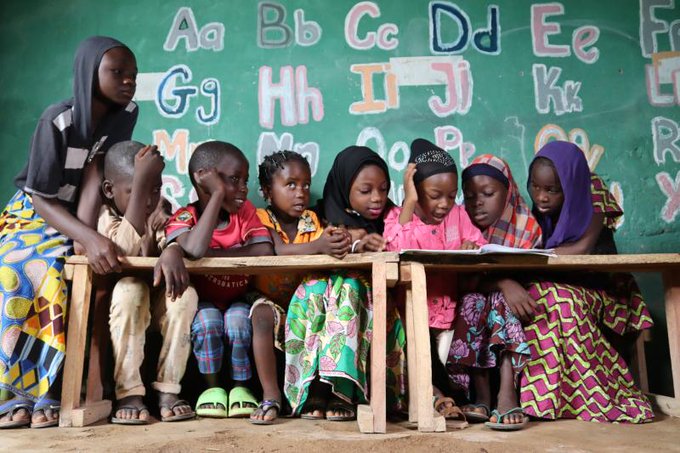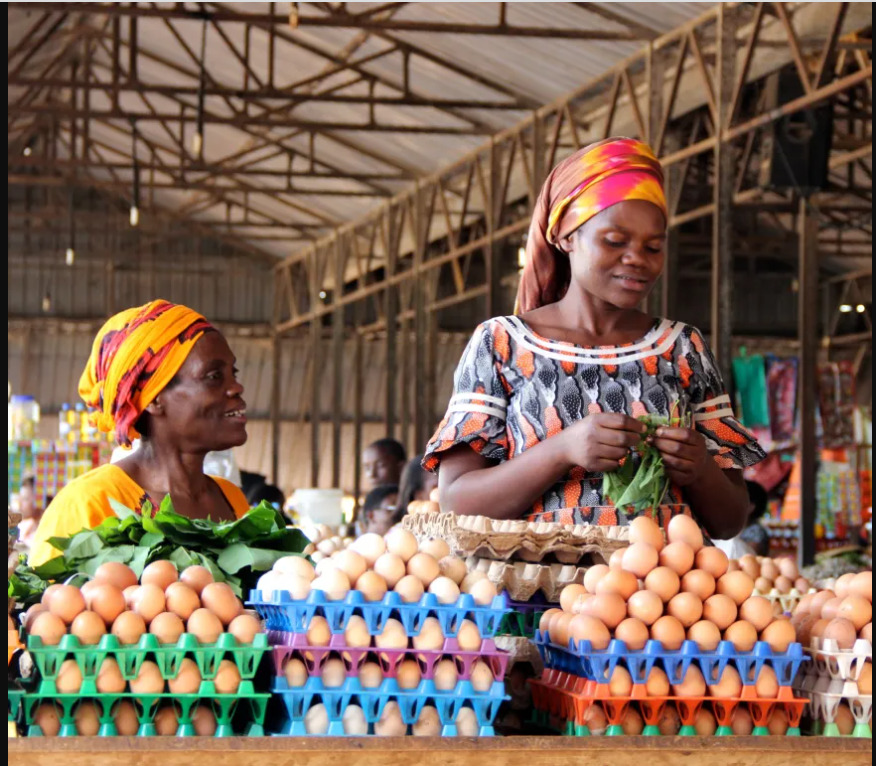Featured

Public procurement in Nigeria: How to reform the unreformable
Irrespective of a country’s level of development, public procurement plays a pivotal role in shaping the efficacy of public service delivery and fostering a conducive environment for inclusive growth. In…
Read →
Ed-Tech Landscape and Challenges in Sub-Saharan Africa
This study examines the adoption of education technology (Ed-Tech) in primary and secondary education in 10 sub-Saharan African countries: Nigeria, South Africa, Sierra Leone, Uganda, Kenya, Tanzania, Cameroon, Benin, Malawi,…
Read →
Unlocking stronger institutions, policies and citizen participation in Africa for a more effective data driven public sector
This brief evaluates the current state of enabling institutions, policies, and citizen engagement, in fostering greater data value creation in the public sector. Based on our analysis of selected sub…
Download ↓ Read →
Generative AI for Long-Term Advancement and Inclusive Transformation: Empowering Africa’s Future
This policy insight highlights the impact of generative Artificial Intelligence (AI) on various sectors of the African economy and identifies some of the factors limiting the responsible adoption and growth…
Download ↓ Read →
Addressing Nigeria’s Cooking Energy Crisis and Possible Measures for Change
Globally, around 2.4 billion people primarily use unclean cooking energy (such as wood, coal, charcoal, biomass, and agricultural residues), resulting, in an estimated 3.2 million deaths annually (World Health Organization…
Read →
Fiscal policy options for growing out of debt: Evidence from Nigeria
Despite the essential role debt plays in enabling structural transformation and development, the rate at which Nigeria’s debt is rising has constrained the country’s ability to generate sufficient growth, cope…
Read →
Instructional Alignment in Nigeria using the Surveys of Enacted Curriculum
Systematic, quantitative evidence on education system coherence is limited. Prior research has indicated alignment of instructional components, such as curriculum standards, assessments, and teachers’ instruction, is important for children’s learning.…
Read →
Why we need to unlock data’s potential responsibly and inclusively
In today’s digital age, data has become an invaluable asset, driving innovation, economic growth, and societal development. Africa, with its vast population and diverse landscapes, holds immense potential for leveraging…
Read →
Can we change the narrative on corruption in public procurement in Nigeria?
For several decades, Nigeria, Africa’s economic giant, has struggled with corruption, especially in relation to public procurement at the federal, state, and municipal/local levels of government. In 2022, Nigeria obtained…
Read →
Unravelling the Paradox: Nigeria’s Trajectory of Development and Poverty Reduction
Nigeria, often referred to as “Africa’s giant”, has experienced a complex trajectory of development and poverty reduction which presents a paradoxical scenario (World Bank, 2022). Despite being the continent’s largest economy, Nigeria’s annual…
Read →
The Nigeria Tobacco Policy Landscape: The Role of States in Tobacco Control
Tobacco control policy refers to the efforts made to reduce the impact of tobacco use on public health. This can include measures such as increasing taxes on tobacco products, implementing…
Download ↓ Read →
Women’s Participation in MSME in Nigeria: Prospects, Challenges, and Policy Recommendations
In Nigeria, women’s labour participation has begun to pick up in recent years after many years of stagnation. However, women’s entry point into labour has been mainly through the informal…
Download ↓ Read →
Redefining our priorities: Food, not tobacco
Nigeria has a population of over 200 million people and is one of the largest producers of tobacco in Africa. However, Nigeria faces significant challenges in achieving food security. With…
Read →
The role of digitalisation in inclusive governance: A case study of sub-Saharan Africa
This study discusses the transformative impact of technology on society and on understanding how technological innovation in the public sector is driving citizens’ participation in governance.The study also examines the…
Read →
Fostering Collaboration among Young Think Tankers in the Global South
As we approach the midpoint of the timeline to achieve the Sustainable Development Goals (SDGs), it is more important than ever to prioritise the contributions of the Global South’s fast-growing…
Read →
AI Readiness in Africa
Artificial Intelligence (AI) is transforming businesses and economic activities worldwide through its capacity to mimic or replicate human-like intelligence. With the growing potential of AI, many countries are adopting various…
Read →